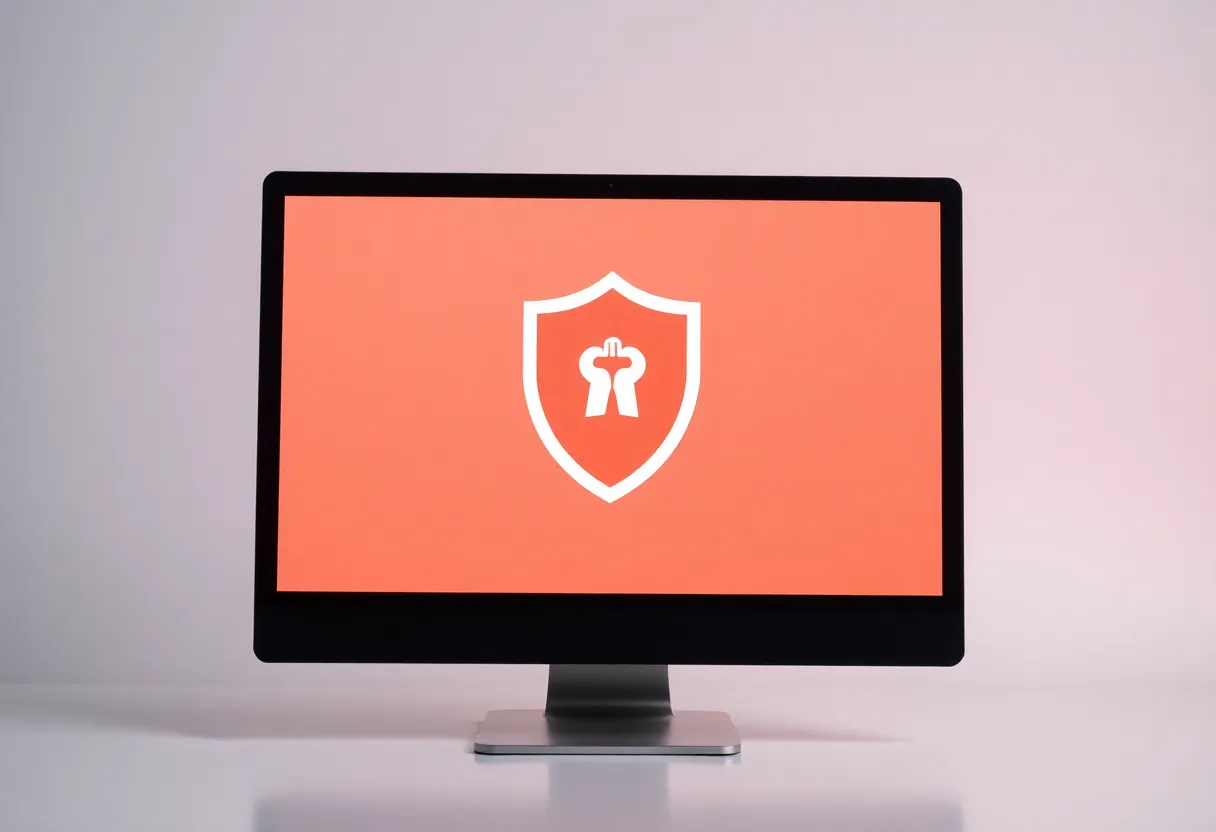News Summary
Researchers at Boston University have developed a groundbreaking system called LOKI to tackle the ongoing issue of online scams. LOKI utilizes a concept known as query toxicity, measuring the likelihood that search phrases will lead to fraudulent websites. With a 20.58-fold improvement in identifying scam sites, LOKI employs machine learning and innovative data collection techniques to effectively rank search queries and enhance online safety for users. The system has made significant strides in detecting previously unknown scams and has opened the door for further research advancements.
Boston University Researchers Anti-Scam Breakthrough with LOKI
In an exciting development, researchers from Boston University have rolled out a remarkable new system called LOKI, specifically designed to combat the relentless problem of online scams. This innovative system is set to change the way people find information online by identifying and ranking search queries based upon their potential to lead to fraudulent websites.
How Does LOKI Work?
LOKI operates on the fascinating principle of query toxicity, essentially measuring the likelihood that a search phrase will reveal a scam. The researchers began their work with a seed set of 1,663 confirmed scam domains. Using this foundation, LOKI was able to detect a staggering 52,493 previously unknown fraudulent websites. This is a 20.58-fold improvement in detection effectiveness, covering ten distinct scam categories, which highlights just how powerful this system is.
The Concept of Toxicity in Queries
But what exactly does a “toxic” query look like? For example, if someone types in “double my bitcoin, ” they are likely being directed towards fake investment schemes. On the flip side, a much safer option would be search phrases like “how to buy bitcoin securely, ” which typically leads users toward legitimate and trustworthy resources.
The system assigns a toxicity score based on the share of scam sites found in the search results for a particular term. For instance, if a search returns six scam sites out of twenty, this translates to a toxicity score of 0.3. The higher the score, the more likely users are to encounter fraudulent sites.
How LOKI Identifies Scam Sites
To measure query toxicity effectively, LOKI employs a clever classifier known as “the oracle.” The oracle looks at various domain and content features to identify which websites are fraudulent and which are legitimate. This is an essential task because predicting toxicity for new search terms poses a significant challenge that cannot be managed manually due to the volume of possible queries.
What makes LOKI particularly notable is its use of machine learning. It establishes the correlation between the wording used in a query and the likelihood of that query producing scams. By collecting around 1.5 million keyword suggestions through Google’s Ads Keyword Planner API, the researchers focused on realistic and misleading search queries while filtering out branded terms.
A New Methodology in Data Collection
To gather search engine results from platforms like Google, Bing, Baidu, and Naver, the team relied on the DataForSEO API. Early keyword sampling methods based on factors like competition and intent showed inconsistent results. LOKI changes the game by learning patterns directly from data rather than relying on fixed lists of keywords.
Utilizing a technique known as Learning Under Privileged Information (LUPI), LOKI predicts query toxicity without needing to issue real-time queries. The LUPI framework consists of two components: the teacher, equipped to see the query and the results, and the student, which is limited to just viewing the query.
Training the Model
Both components are based on DistilBERT, a transformer language model that helps understand text. The teacher undergoes training by analyzing query and search result pairs, while the student learns to predict toxicity by mirroring the teacher’s predictions. The model was rigorously tested through cross-validation across various scam categories and demonstrated remarkable ability in predicting toxicity, particularly in areas like adult services and gambling.
Learning Linguistic Patterns
The research unveiled interesting linguistic patterns across different scam categories. Notably, phrases that imply urgency or low costs were often more toxic, indicating that scammers often use these tactics to lure in unsuspecting victims.
Perhaps most impressively, the researchers have made their datasets and models publicly available, endorsing collaboration in further advancing research that identifies potential scams online.
A New Era in Scam Detection
LOKI represents a significant leap forward in the automatic detection of online scams. By harnessing the power of understanding search behavior without solely relying on manual instincts, this system could very well become a game-changer for internet users everywhere. With tools like LOKI, navigating the digital landscape could soon become much safer and more reliable.
Deeper Dive: News & Info About This Topic
- Help Net Security: LOKI Scam Websites
- Investopedia: Job Search Advice
- New York Times: Job Search Advice
- Wikipedia: Online Scams
- Google Search: Online Scam Prevention

Author: STAFF HERE LOS ANGELES WRITER
The LOS ANGELES STAFF WRITER represents the experienced team at HERELosAngeles.com, your go-to source for actionable local news and information in Los Angeles, Los Angeles County, and beyond, specializing in "news you can use" with coverage of product reviews for personal and business needs, local business directories, politics, real estate trends, neighborhood insights, and state news affecting the area—with deep expertise from years of dedicated reporting and strong community input, including local press releases and business updates, while delivering top reporting on high-value events like the Academy Awards, LA Auto Show, and Los Angeles Marathon, extending coverage to key organizations such as the Los Angeles Area Chamber of Commerce and the Los Angeles Tourism & Convention Board, plus leading businesses in entertainment and technology like Warner Bros. and SpaceX, and as part of the broader HERE network including HEREAnaheim.com , HERECostaMesa.com , HEREHuntingtonBeach.com , and HERESantaAna.com , providing comprehensive, credible insights into Southern California's dynamic landscape. HERE Anaheim HERE Beverly Hills HERE Coronado HERE Costa Mesa HERE Hollywood HERE Huntington Beach HERE Long Beach HERE Los Angeles HERE Mission Viejo HERE San Diego HERE Santa Ana





